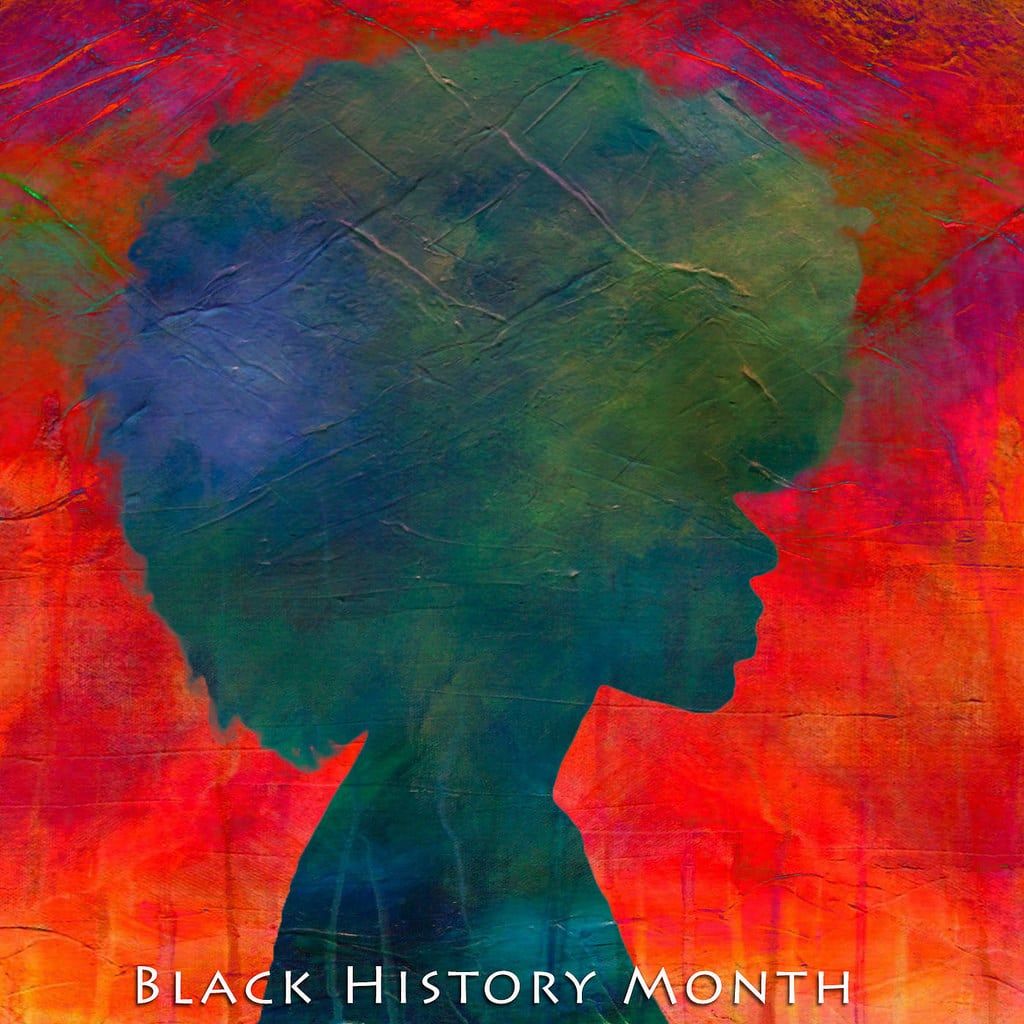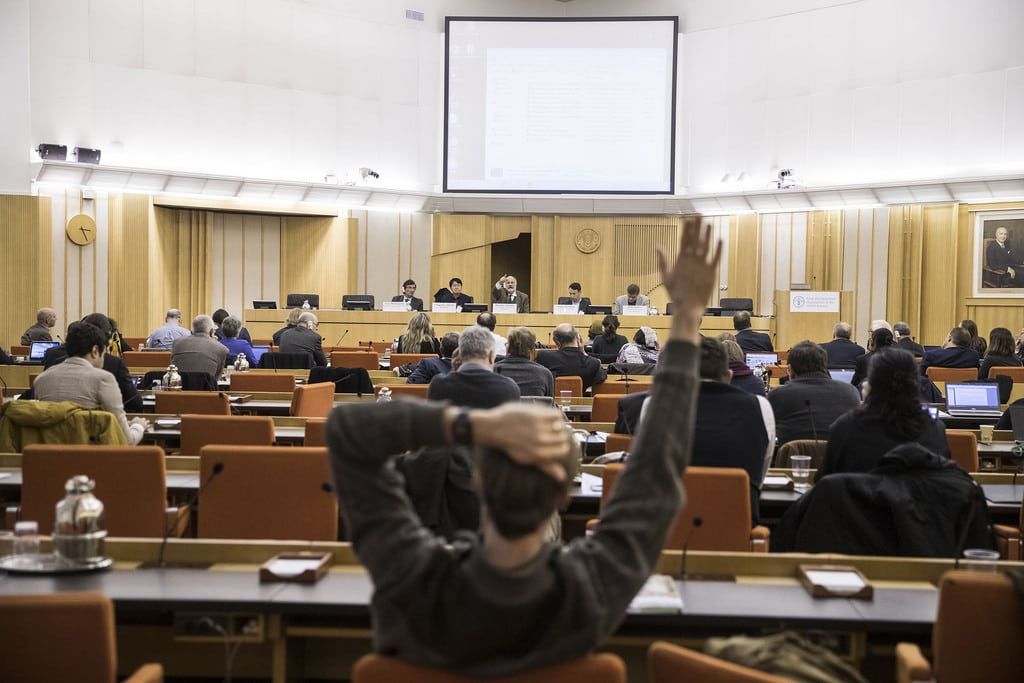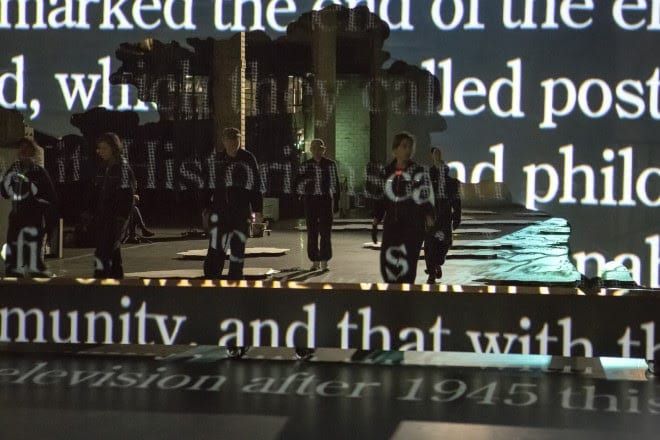Record Reappraisal: Pink Floyd’s Dark Side of The Moon, 45 Years on
45 years ago, a beam of white light barrelled into the prism of the psychedelic rock scene, and what emerged was the dizzying masterpiece that was The Dark Side of The Moon. Since then, it has been one of only 9 albums to sell over 40 million copies, it has spent 17 years in the Billboard 200 chart, and as we all know, has received sixteen platinum awards from the Floyd-obsessed New Zealand.
The title itself has no lunar connection but is instead an elusion to the fragile mental state brought on by many of the issues discussed in the album; the capitalist money machine, the mundane descent into madness, and the ticking clock of life. The concept is in part dedicated to former Floyd bandmate, Syd Barrett, who left after the dizzying rise to fame brought him a severe mental breakdown; but frankly, these discussions are best left for the scholars, pretentious music-snobs and, weird hippie-type grandpas you find at festivals.
Sadly, for our generation, the Floyd have been reduced to over-used. Posters, unimaginative tattoos, and contests over how many of their songs you can name. In fact, it would appear the world has somewhat fallen out of love with this kind of, you-don’t-have-to-be-tripping-balls-but-it-helps genre of music. Why, unless under the effects of some other-worldly narcotics would you sit and spend hours listening to one album?
The Dark Side of The Moon isn’t supposed to be split up and analysed; it is a 43-minute journey to be started, then left as a soundtrack to whatever you can do in 43 minutes. The lyrics and melody follow beautifully from one song to another, your mood will pitch and toss as the band intended, and when ‘Money’ comes on, you will find yourself quietly humming the bassline, no matter how hard you try not to.
Once you try this distinctly ‘Floydian’ style of music consumption, you can then come to appreciate the significance of this album, in contrast to the stop-start style of listening today. You don’t have to know everything about David Gilmour’s guitar playing, or the meaning of ‘Breathe’ to be a fan of Pink Floyd, you just have to sit, listen and enjoy the ‘trip’.




















